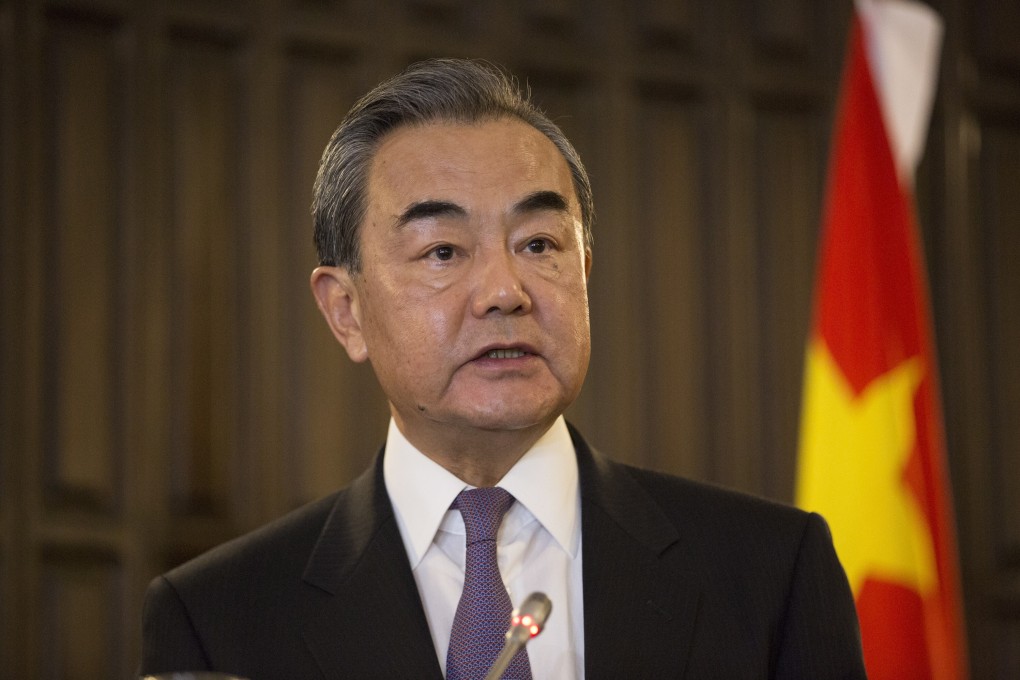Advertisement
China-US relations: why Wang Yi went back to Wolf Warrior mode after offering an ‘olive branch’
- The Chinese foreign minister directly lashed out at the US in discussions with overseas counterparts
- While Beijing seeks to pull nations away from siding with the US, it appears unwilling to assess its own role in deteriorating relations, says analyst
Reading Time:5 minutes
Why you can trust SCMP
37

When United States Defence Secretary Mark Esper floated the idea of a China visit by year-end last week it took many by surprise, coming just hours before a new fight erupted between the two countries over the closing of the Chinese consulate in Houston,
China’s top diplomats were “neither prepared nor aware” of Esper’s unusual overture, according to government sources in Beijing.
He made the offer during his otherwise strongly worded speech on Tuesday last week slamming China’s “systemic rule-breaking” and “aggressive behaviour”, in the South China Sea in particular.
Advertisement
The Chinese foreign ministry simply said it “noted” Esper’s idea to ramp up “crisis management”, highlighting Beijing’s caution in the midst of the worst challenge confronting the two countries since they established official relations in 1979.
It came as Beijing had been anxiously waiting for positive feedback on Foreign Minister Wang Yi’s offer for a reset of bilateral ties by reopening “all the channels of dialogue” earlier this month.
Advertisement
But Wang’s conciliatory posture, rather rare in recent months, was met with an increasingly impatient, hostile administration under embattled US President Donald Trump, who was eager to get tougher on China to revive his imperilled re-election bid.
Advertisement
Select Voice
Choose your listening speed
Get through articles 2x faster
1.25x
250 WPM
Slow
Average
Fast
1.25x